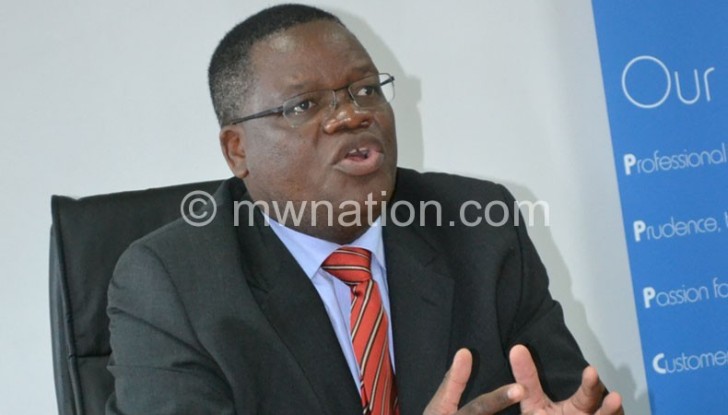Govt weak financial base haunts PPP projects
The Public Private Partnerships Commission (PPPC) has said weak financial base on the part of government institutions is the major factor affecting the standard of project preparation in Public Private Partnerships (PPP) transactions.
The PPPC concern follows a World Bank report on Benchmarking Public-Private Partnerships (PPP) Procurement 2017: Assessing Government Capability to Prepare, Procure and Manage PPPs report which was released late last month exposing gaps in PPP projects.

According to the report, many economies including Malawi are yet to adopt broadly recognised good practices to prepare, procure, and manage PPPs.
But responding to the report, PPPC chief executive officer Jimmy Lipunga in an e-mailed response said due to limited resources ministries are not able to afford the services of transaction advisors to carry out complex feasibility analyses that would guide the decision-making process.
“The Commission has been appealing to our cooperating partners to provide resources that would be accessed on a revolving fund basis to support line ministries in the selection and preparation of PPP projects,”
He said although Malawi is generally doing fine, but it could do more with more donor support to finance feasibility studies.
“PPP projects require extensive feasibility analysis to establish viability and to formulate a risk architecture. PPPs have to demonstrate affordability, value for money and an optimal risk allocation. During the privatisation era, we used to have a Privatisation and Utility Reform Project, a pool of funds to enable the government to meet the transaction costs,” said Lipunga.
He said although the Public Private Infrastructure Advisor Facility (PPPIAF) of the World Bank and African Development Bank (AfDB) have assisted with capacity building to a degree, the country is lacking substantial resources for transactions support.
“There is no doubt that public institutions require a lot of capacity and support during the PPP project preparation phase. It is in fact for this reason that the PPP Commission has been directly involved in building capacity in the Ministries and contracting authorities through training and workshops,” he said.
Lipunga, however, said the commission is transparent in implementing PPP transactions.
According to Lipunga Malawi’s PPP framework and most of its transactions are in the early stages.
“Malawi’s PPP framework is very much in the early stage. Most of the transactions are in early stages and we don’t have very much by way of contract management apart from Malawi Railways, Malawi Lake Services and the successful Fiber Optic Project,” he said. n





